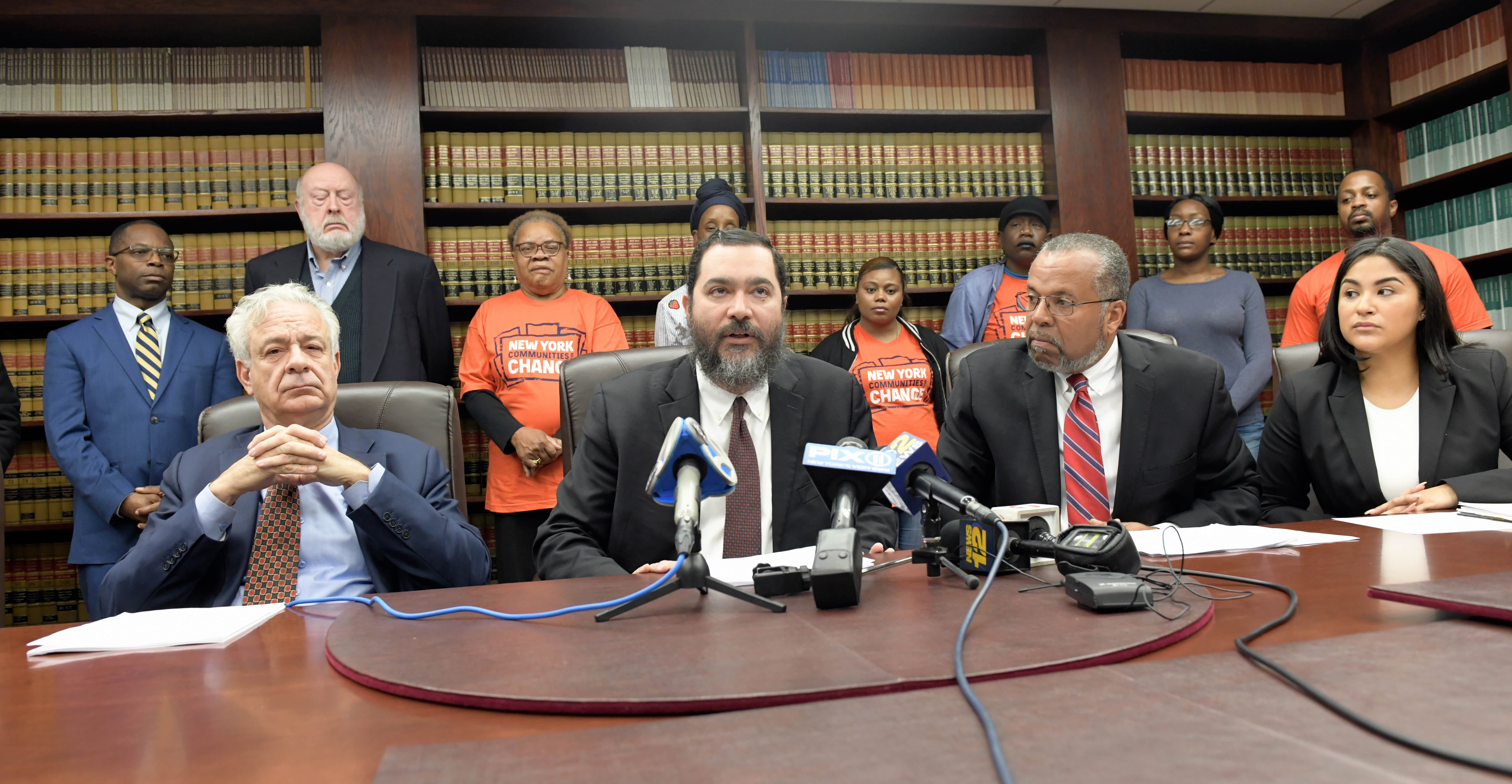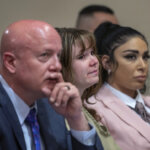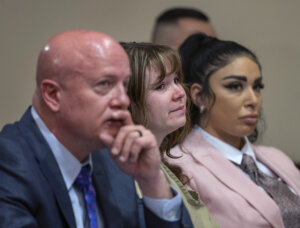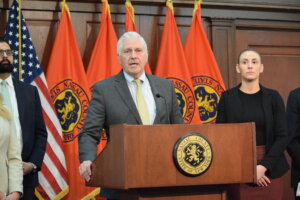It’s been more than a year since the Hempstead School District’s controversial decision to suspend its embattled superintendent Shimon Waronker, but an end to the uproar it unleashed is nowhere in sight.
Waronker was suspended with pay amid allegations of official misconduct, bid-rigging and breach of contract in the district, the largest K-12 system in Nassau County, which has been plagued with troubles that include corruption, gang violence, subpar graduation rates, and political infighting since the 1960s. A judge dismissed Waronker’s federal lawsuit that sought reinstatement, but he’s still fighting.
“I was suspended with pay for no clear reason,” says Waronker, who added that the administration has neither scheduled a hearing in his case nor selected a hearing officer. “I tried to uncover neglect, abuse, and corruption in Hempstead that has gone unchecked in this district for decades.”
Waronker says that the district’s lawyers have “padded their pockets,” to the tune of nearly $810,000 in less than eight months working for the district on a variety of legal issues, with 45 percent being used in the case against him.
Waronker’s attorney, Frederick K. Brewington, produced law firm bills and school district documents showing that the district has diverted $500,000 from teacher salaries to pay the district’s lawyers, The Scher Law Firm. School board meeting minutes showed budget transfers from accounts labeled “Salaries Teachers 6-8” to accounts earmarked for “Arbitration Fees” and “Labor Counsel.”
“The board treats the district’s more than $200 million budget like its ‘game-board money,’” Brewington says.
“The cycle of failure in Hempstead is pathetic,” says Joseph Ortego, an attorney from the law firm Nixon Peabody who recently joined Waronker’s legal team.
Ortego believes the district needs a reformer such as Waronker, who has helped to turn around struggling schools in hardscrabble neighborhoods in the South Bronx and Brownsville, Brooklyn. Waronker, a Harvard grad and veteran educator, maintains he has a “moral mandate” to uncover abuse and corruption that has plagued the Hempstead district for decades.
“If there is no struggle, there is no progress,” Waronker says, quoting Frederick Douglass.
Despite the obstacles he’s faced, Waronker wants to return to his job and believes the children of Hempstead are worth the fight.
“This board repeatedly fails to make good decisions,” Brewington says.
Although a federal judge last month dismissed Waronker’s lawsuit, ruling it “has not set forth any actionable federal claims,” and the school board is now seeking attorney’s fees from Waronker, Brewington is not giving up.
“Some very wrong actions have been taken against Waronker, and we remain committed to seeing that our client’s rights are vindicated and that the law be fully and properly applied,” Brewington told Newsday after the ruling.
He was also skeptical of the work of New York State-appointed special adviser Jack Bierwirth, whose recent report on the district indicated “substantial progress” has been made in Hempstead schools.
Brewington and Waronker expressed “serious concerns” regarding Bierwirth’s findings. Brewington said more information would be forthcoming regarding the findings of the special adviser, but he did not elaborate. But, Bierwirth still has his supporters.
“The appointment of Jack Bierwirth to work with the board is a wise move, as the future of the district is directly dependent upon board leadership,” says Thomas Dolan, a former St. John’s University professor and superintendent pf the Great Neck Public Schools. “Good boards establish policy, work with the superintendent and otherwise stay out of the way.”



























